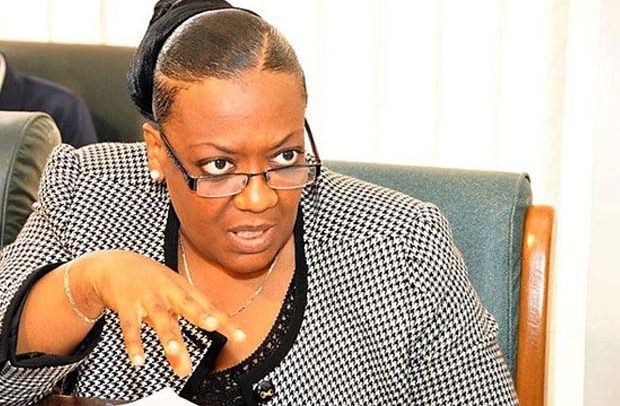Dr. Lydia Dsane-Selby
The National Health Insurance Authority (NHIA) has estimated that it could make a GH¢100 million annually by migrating from manual to electronic-based operations.
The NHIA has also estimated that its beneficiaries across Ghana could save an estimated amount of GH¢20 million per annum from transport cost by using the electronic means to register or renew their memberships.
Acting Chief Executive Officer (CEO) of NHIA, Dr. Lydia Dsane-Selby, made this known while making a presentation on the operations of the NHIA at the 5th African Health Economic and Policy Association (AfHEA) Annual Conference Plenary Session II on Tuesday, March 12, 2019, in Accra.
The session, co-sponsored by the World Bank and the Korea Foundation for International Healthcare, was aimed at presenting achievements of the health financing system of Ghana and how the country is on its way to UHC and to learn from other countries.
The focus of the session was on how to ensure sustainability of health financing systems while aiming for greater equity.
She stated that when the electronic operations is fully rolled out, beneficiaries can renew or register for NHIS via through phones right from their homes and offices, hoping that would lead to savings in transport cost.
According to her, the GH¢100 million estimated saving could be used in paying service providers under the scheme.
On the savings to be derived from transport cost, she said, “Well you see, people have to take transport to come to our district office to renew and we did some research, ask some questions and most of them said the minimum is around GH¢4 to go and renew. So if you have five million spending GH¢4 to renew, if we can stop that and you can sit at home and renew that’s GH¢20 million right away.
She indicated that by 2020, all service providers under the scheme would be submitting their claims electronically.
Dr. Dsane-Selby disclosed that NHIS currently covers about 37 per cent of its population.
According to her, 68 per cent of NHIS’s members were exempted from premium payment.
BY Melvin Tarlue


